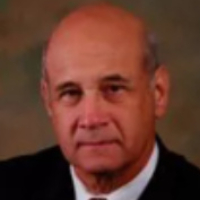Tulare County, CA Felony Lawyers
Sponsored Law Firm
-
 x
x

Click For More Info:
-
Aghishian Law Corporation
16133 Ventura Blvd 7th Floor Encino, CA 91436» view mapCriminal Defense 30 Years Of Experience
Attorney Aghishian's in-depth experience and appreciation for the State of California make him uniquely qualified to advocate for the rights of his fellow Californian clients.
800-741-7170
Not enough matches for Tulare Felony lawyer.
Below are all Tulare lawyers.
Stanley Marvin Michner
Divorce & Family Law, Personal Injury, Divorce, Family Law
Stanley Marvin Michner is a practicing Family Law attorney in Fresno, Tulare, and Kings Counties California
John L. Rozier
Premises Liability, Personal Injury, Car Accident, Animal Bite
Status: In Good Standing
FREE CONSULTATION
CONTACTG. Scott Benker
Alimony & Spousal Support, Dispute Resolution, Arbitration, Corporate
Status: In Good Standing
FREE CONSULTATION
CONTACTJeffrey S. Nelson
Animal Bite, Dental Malpractice, Environmental Law, Insurance
Status: In Good Standing
FREE CONSULTATION
CONTACTD. Zackary Smith
Construction, Estate Planning, Litigation, Wills & Probate, Landlord-Tenant
Status: In Good Standing
John Philip Bianco
Dispute Resolution, Bankruptcy, Corporate, Business Organization
Status: In Good Standing
David Hogue
Estate, Divorce & Family Law, Business, Accident & Injury
Status: In Good Standing Licensed: 31 Years
FREE CONSULTATION
CONTACT Ara Aghishian Encino, CA
Ara Aghishian Encino, CA Practice AreasExpertise
Practice AreasExpertise

